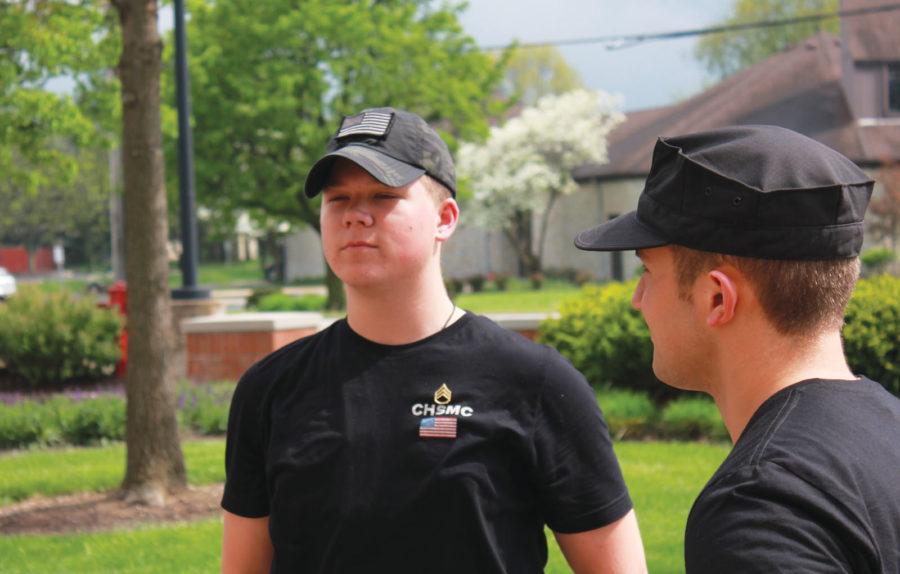For three years now, senior Zach Rogers has known his plans for the future—to enlist and serve in the military. Inspired by his two Carmel police officer advisers who served as Marines, Rogers said having these “humble and valiant role models” made him want to join the Marine Corps as well. He said he plans to be a part of the security forces, which uphold responsibilities such as maintaining security of high profile bases or nuclear sites as well as undertaking embassy duty and protecting the president of the United States.
 “I think (being part of the military will) help me grow in my adulthood. I’ll be a lot more responsible when I get out of bootcamp. What I’ve heard a lot is bootcamp makes you grow up. You get into the real world right away when you’re 18. You don’t wait until after college, so you start your life immediately after boot camp. I think it’ll prepare me more for life in general. After the military, I want to be a police officer so I think my specific job will help me learn the ropes of protecting people,” Rogers said.
“I think (being part of the military will) help me grow in my adulthood. I’ll be a lot more responsible when I get out of bootcamp. What I’ve heard a lot is bootcamp makes you grow up. You get into the real world right away when you’re 18. You don’t wait until after college, so you start your life immediately after boot camp. I think it’ll prepare me more for life in general. After the military, I want to be a police officer so I think my specific job will help me learn the ropes of protecting people,” Rogers said.
Rogers will not pursue a traditional, four-year plan for college. Rather, he intends to study on base through online education courses, which he said will allow him to obtain his bachelor’s degree in a matter of three months.
In a school like CHS where the majority of seniors continue their education at a collegiate level, students like Rogers who choose not to attend college after graduation are a minority. According to Melinda Stephan, CHS College and Career Resource and Programming Coordinator, last year, only about 6 percent of the graduating class did not immediately continue their education at a two- or four- year college. Nationally, as of October of 2015, approximately 69.2 percent of 2015 high school graduates were enrolled in either a two- or four-year college.
Rogers said he attended a boot camp in June where he received a certain amount of college credits as well as used an online program to get a college education on base. He said because he is to be deployed overseas, it is important for him to have a flexible education schedule, which would be available with these online courses. According to an article published by geteducated.com, in the early 2000, 15 percent of armed forces deployed overseas took online courses in order to attain a college degree, while today that number stands at 65 percent. The use of online courses allows for flexibility, portability and interactivity of the subject matter at hand.
“The reason (the military offers) that is because they know people in the military are always busy… so they set schooling to your schedule so that you’re able to get your education and get a degree much faster than anyone else outside of the military,” he said.
Nationally, this occurrence is a growing trend. According to the National Center for Education Statistics, in 2013 to 2014, the graduation rate increased 81 percent from the previous year, showing that the number of students getting high school diplomas is rapidly increasing. However, this does not mean more students are going to college. In fact, data estimates given by the National Student Clearinghouse Research Center in 2015 show that total college enrollment has decreased by 4.5 percent since 2013.
Stephan said there are many potential reasons as to why graduates would not attend college, including financial restrictions or uncertainties about future careers.
 “For some students, high school was tough, and so it’s just one of those things where they kind of need a break from… school,” she said. Stephan also said for students taking gap years between high school and college, the time needs to be spent productively as the student figures out what he or she wants to do in the future from a college perspective.
“For some students, high school was tough, and so it’s just one of those things where they kind of need a break from… school,” she said. Stephan also said for students taking gap years between high school and college, the time needs to be spent productively as the student figures out what he or she wants to do in the future from a college perspective.
However, senior Matthew Prodger said he has had a sure idea of his future plans since his early high school years.
“I’ve always been interested in the military, but I really wanted to do it in my sophomore year,” Prodger said.
Having already been enlisted in the Army National Guard as a junior, Prodger said many people are surprised when they hear he already has a plan of what he will be doing for at least the next six years. Similar to Rogers’ reason for enlisting, Prodger said he also believes it is great being able to serve one’s country, along with many of the added benefits that comes with joining the military. According to the militarywallet.com, there are many reasons why Americans decide to enlist in the military, including patriotism which was a strong factor in that of Prodger’s decision. Other reasons that are cited for enticing Americans to join the military include health care benefits, job security and payments during recessions, skills and training and leadership opportunities.
According to Prodger, not only will the National Guard completely pay for his college tuition, but the GI bill gives approximately $500 in monthly payments and certain jobs will give signing bonuses, which will also help pay for college tuition. Similarly, the Marine Corps, while not necessarily putting as strong of an emphasis on education, also offers free options for any soldier on active duty. With the National Guard being one of the most college-oriented branches of the army, there is an encouragement to attend a higher education beyond high school. For Prodger, it means he will spend two summers training and will afterwards attend a four year college.
 Although there seems to be a growing acceptance of not attending college straight out of high school, especially at an education-oriented school such as CHS, there still exists the expectation that one will be seeking a higher education, Stephan said.
Although there seems to be a growing acceptance of not attending college straight out of high school, especially at an education-oriented school such as CHS, there still exists the expectation that one will be seeking a higher education, Stephan said.
Prodger said, “I notice that all my friends… want to go to college and they don’t really know what for, but they’re assuming they will.”
Concerning those who are uncertain of their future and turn to the military, Rogers said many who enlist in the army are fed up with school after being in the education system for many years.
“A lot of people join (the army) because they have maybe a bad home life; maybe they don’t know what’s out there for them; they have no purpose in life, that’s what they think, so they join the military just so that they can find that brotherhood,” he said.
Another option for those who do not immediately attend college is to take a gap year. The American Gap Association said its surveys showed a sharp rise in the number of students taking gap years in the past decade. An example of such a student is president Barack Obama’s daughter, Malia, a recent high school graduate who is deferring her education until she attends Harvard University in the fall of 2017. According to a study conducted by the New York Times, students who choose this route go on to “perform better than their non-gap-year classmates,” as well as ending up in more satisfying careers. This is in agreement with the theory that the benefits of gap years originate from having exposure to the realities happening in the world around students, rather than staying exclusively within the education system. Harvard also states on its website that it “encourages admitted students to defer enrollment for one year to travel, pursue a special project or activity, work, or spend time in another meaningful way,” as well as granting deferrals for obligatory two-year military service. It addresses the common parental concern of their child becoming sidetracked from their college education by stating the fear of their child being “left behind” or losing their developed study skills is rarely justified as a year away from the traditional college scene “never makes one a less desirable candidate or less well prepared for college.”
Furthermore, according to Stephan, although there is more talk about deferring a year as people are hearing about gap years and there is a growing acceptance of it, the expectation to attend college is brought about by not only parents, but peers as well. Stephan also said highly influential figures such as Malia Obama help create a greater awareness of gap years and the reason behind why some high school students believe that it is the best option for them.
“I like to think that what we’re trying to do here at Carmel High School is prepare students to learn no matter what they do. There’s pressure that comes from the community (and) there’s pressure that comes from peers,” she said.
Stephan also stressed the importance of understanding what it is one should be doing during a gap year if not continuing a traditional college education.
“Say you take a year off and work or travel. Those are all perfectly valid things to do, but sometimes it’s hard to get back into the mindset of tests, and studying and classes,” Stephan said. “Even for students who won’t be going to college in the traditional sense and will be enlisting right away are going to be learning in some way. And they’ll be training in a very specific field, so they’ll be educated.”
 Rogers said for the Marine Corps, recruiters will always inform students of the option to attend college first, but it is not required. However, he said many do personally encourage receiving an education while in active duty.
Rogers said for the Marine Corps, recruiters will always inform students of the option to attend college first, but it is not required. However, he said many do personally encourage receiving an education while in active duty.
“There are benefits to being an officer and going to college before. Obviously, you get more money and you rank up faster. When you get to boot camp, you already know everything, but there’s not a big need for people to go to college before,” Rogers said. “(There’s) a problem with going to college for four years: you lose interest in the military because you grow up and once you get to boot camp, there’s people trying to yell at you and telling you what to do. And (you’re) like, ‘Oh, I’m 21, you can’t tell me what to do,’ so that’s kind of the issue with going in so late.”
According to Stephan, at the end of the year when seniors send out college applications and underclassmen begin to think about their future, a traditional, four-year college may not be for everyone. For some, a gap year may be the best plan of action and for others it may mean not going to college at all. For Rogers and Prodger, this means enlisting in the armed forces. Although they may not be going on what is considered a traditional education path, they have both stated this is the future they have decided on and are prepared to follow.
“The military is one of the only places I can go to do what I love, which is serving,” Rogers said. “The military’s obviously not for everyone, but those that choose to go, go because they feel like that’s what they’re here for.”










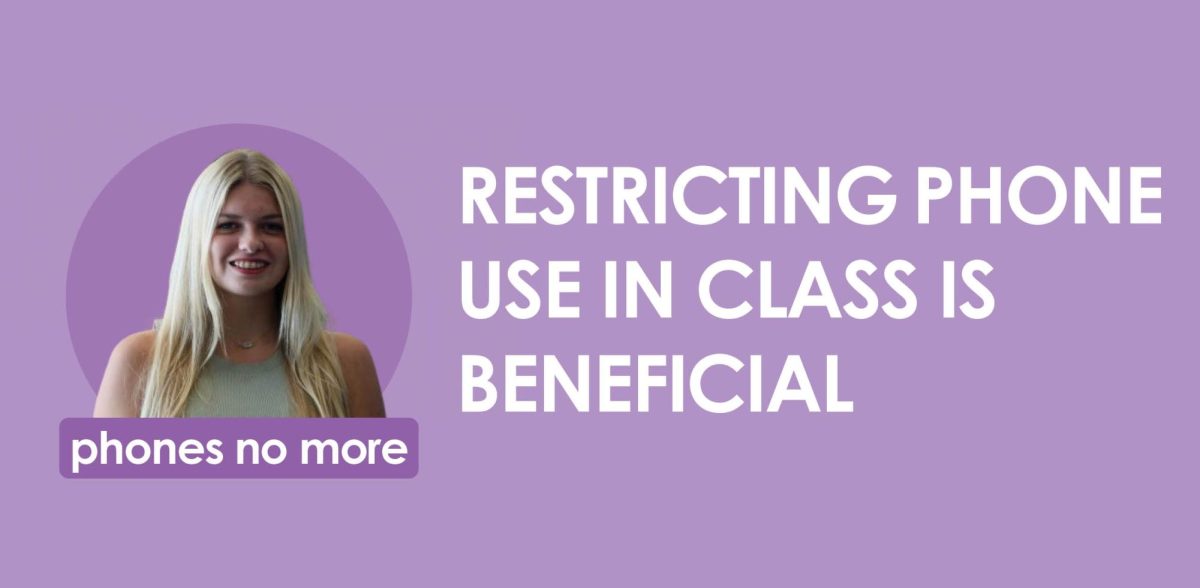
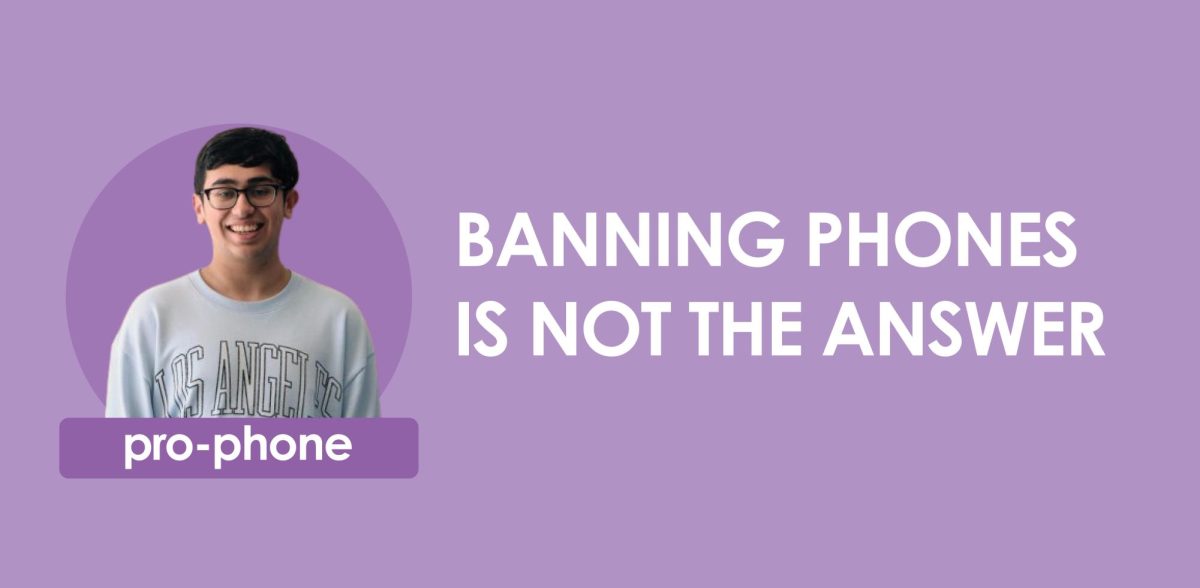
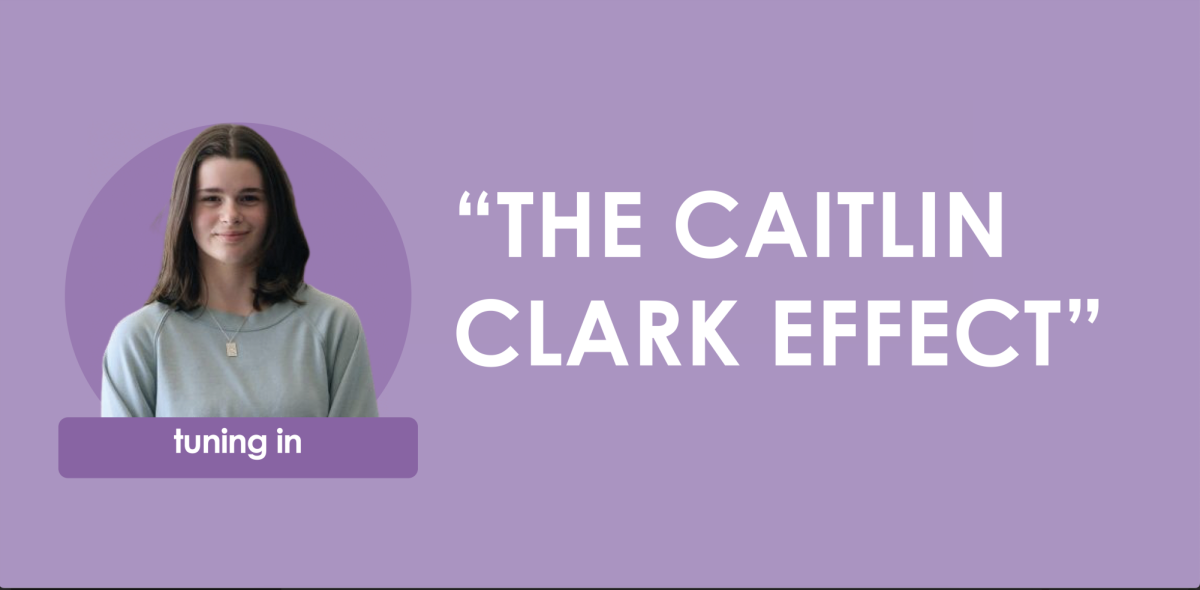


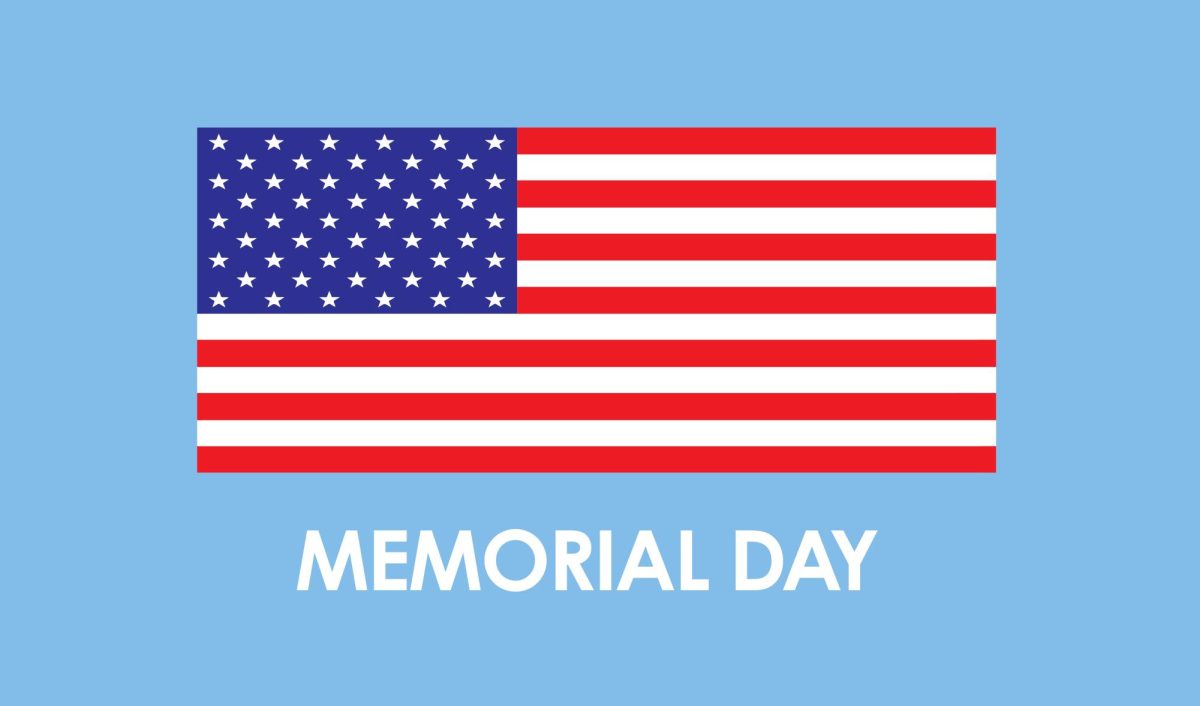




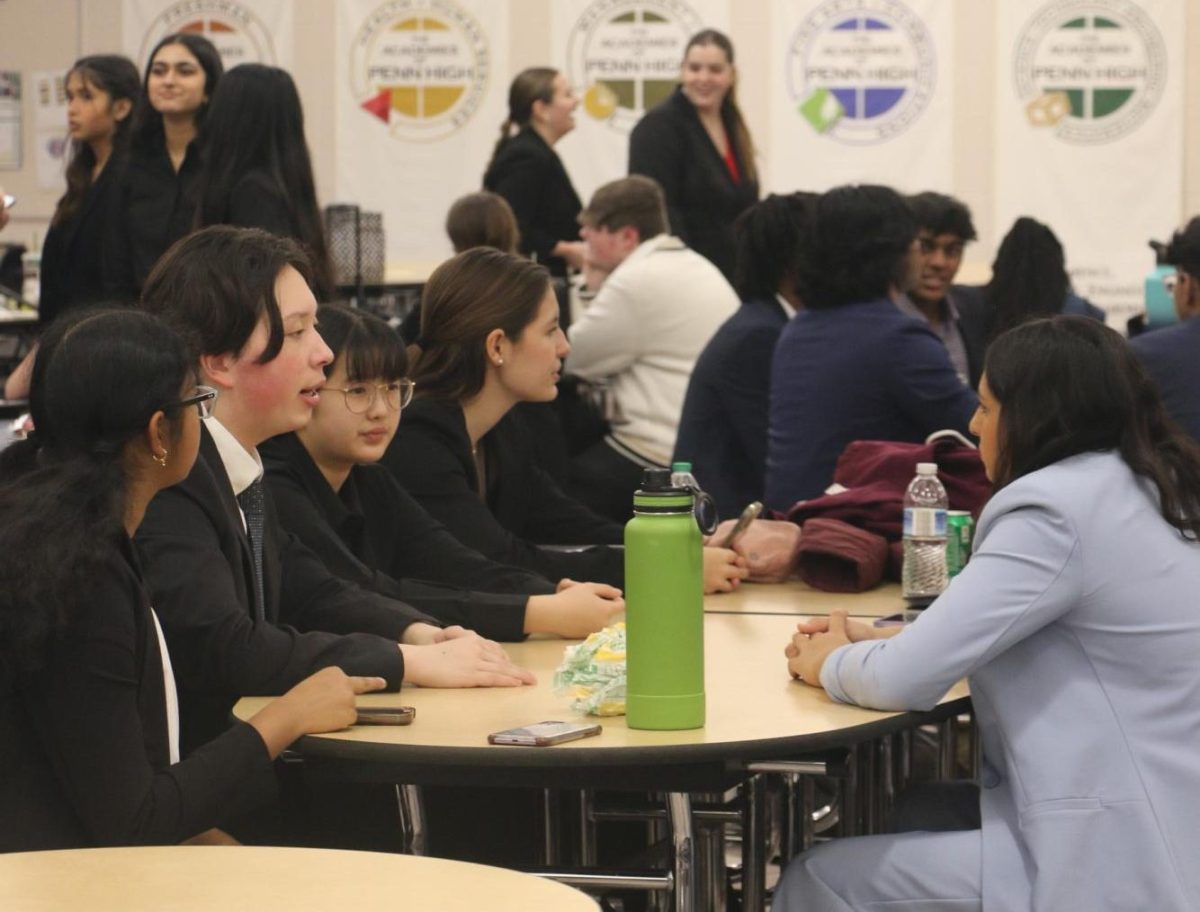
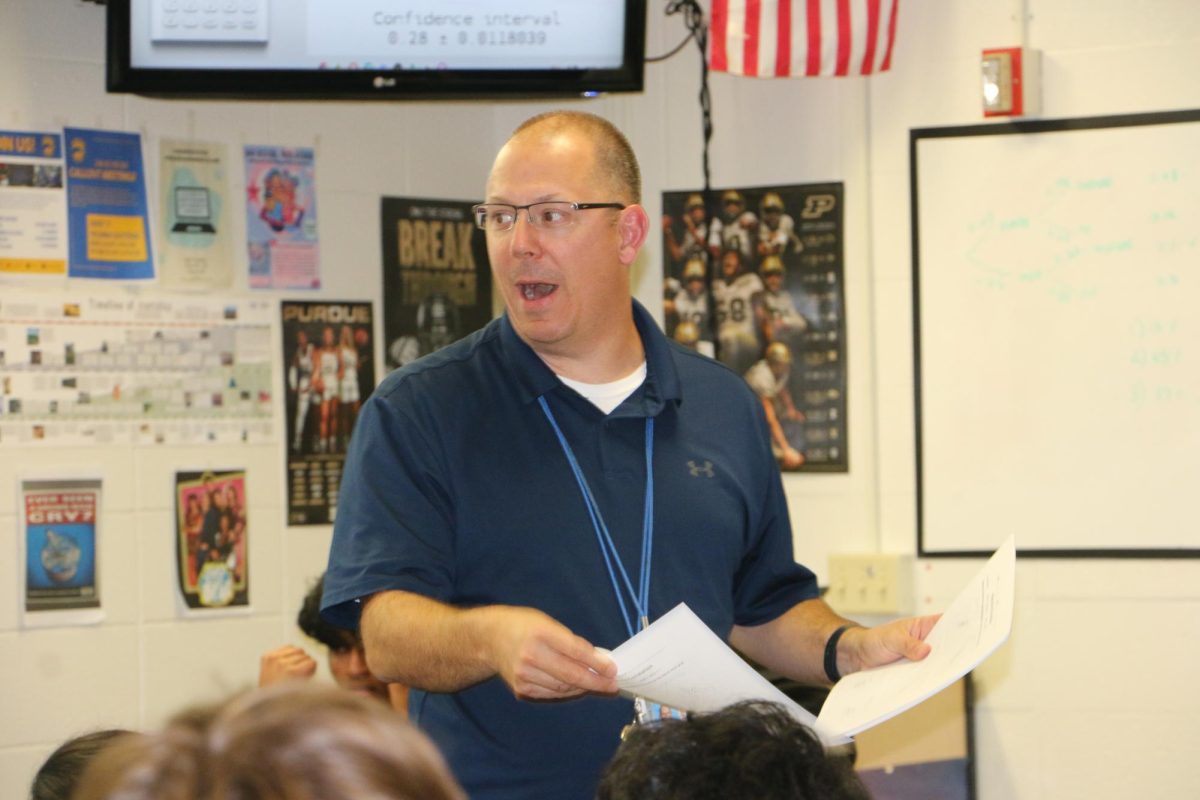








![Family vlogger controversy, need for content reform [opinion]](https://hilite.org/wp-content/uploads/2024/05/Screenshot-2024-05-14-11.33.37-AM-1200x465.png)





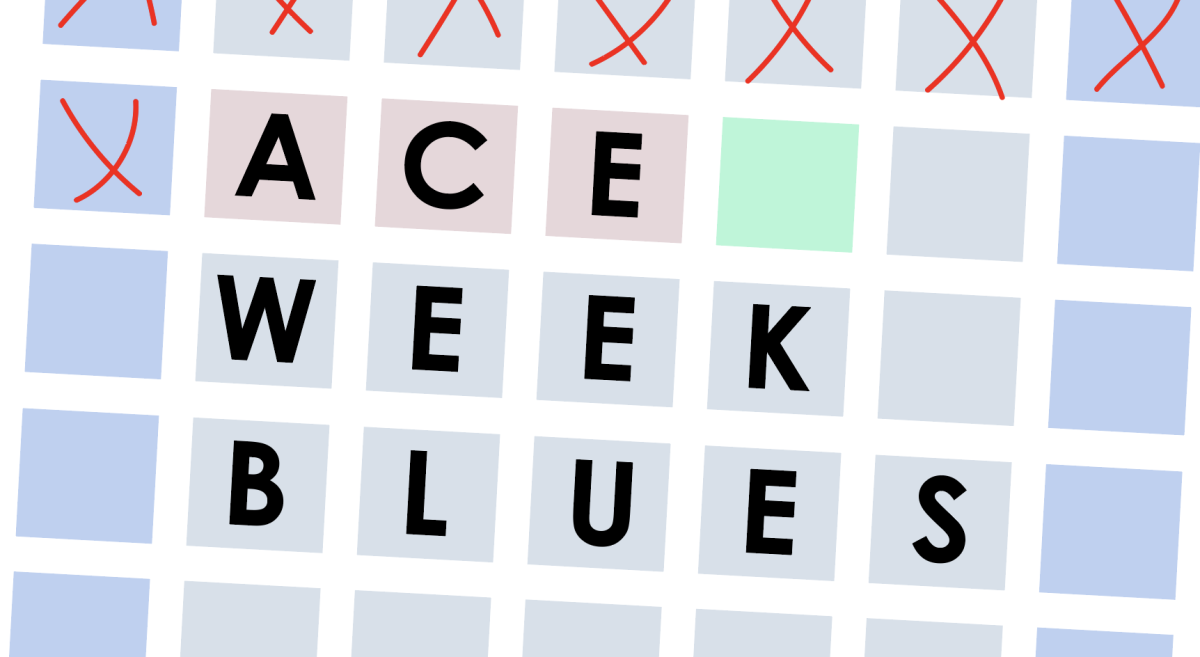








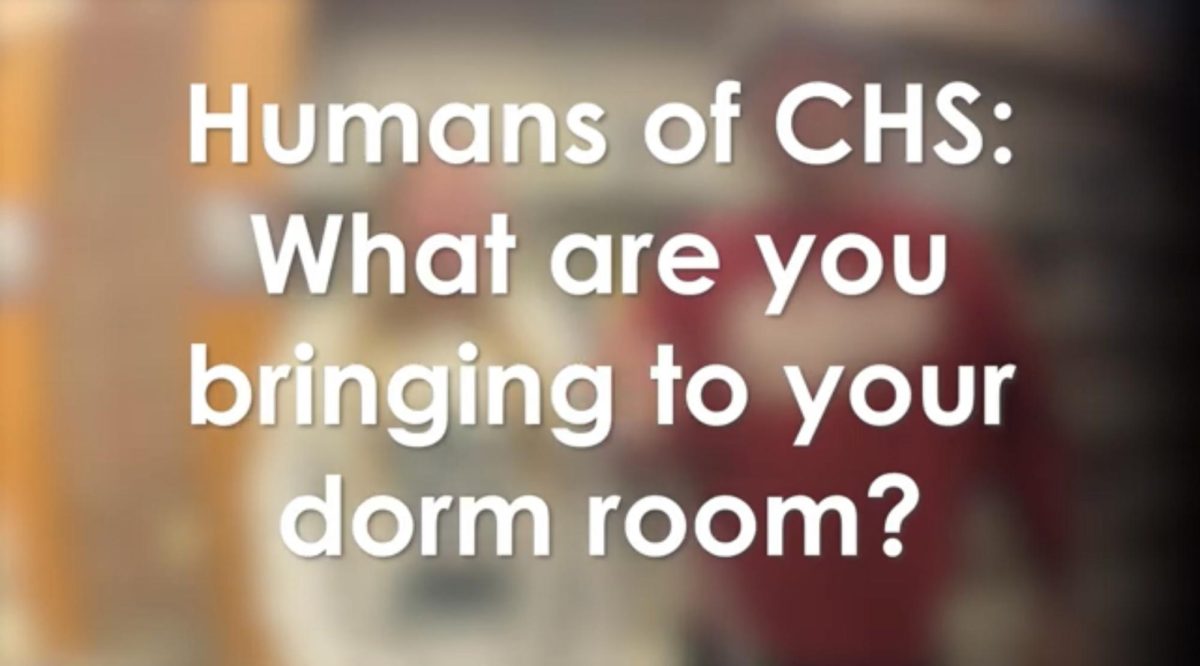













![Review: Taylor Swift’s new album The Tortured Poets Department is not her best work but is still a brilliant album [MUSE]](https://hilite.org/wp-content/uploads/2024/05/The-Anthology_Cover-1200x675.webp)
![Review: Challengers does it all [MUSE]](https://hilite.org/wp-content/uploads/2024/05/challengers-poster-1200x600.png)
![Review: A House of Flame and Shadow by Sarah J. Maas was a disappointing read [MUSE]](https://hilite.org/wp-content/uploads/2024/05/house-of-flame-and-shadow-feature.png)
![Review: Conan Gray’s new album, “Found Heaven”, is a refreshing twist on modern music [MUSE]](https://hilite.org/wp-content/uploads/2024/05/Screenshot-2023-10-31-at-16.01.05.webp)
![Review: “Bodies, Bodies, Bodies” is the quintessential Gen-Z movie [MUSE]](https://hilite.org/wp-content/uploads/2024/05/Screenshot-2024-05-15-140618.png)
![Review in Print: Maripaz Villar brings a delightfully unique style to the world of WEBTOON [MUSE]](https://hilite.org/wp-content/uploads/2023/12/maripazcover-1200x960.jpg)
![Review: “The Sword of Kaigen” is a masterpiece [MUSE]](https://hilite.org/wp-content/uploads/2023/11/Screenshot-2023-11-26-201051.png)
![Review: Gateron Oil Kings, great linear switches, okay price [MUSE]](https://hilite.org/wp-content/uploads/2023/11/Screenshot-2023-11-26-200553.png)
![Review: “A Haunting in Venice” is a significant improvement from other Agatha Christie adaptations [MUSE]](https://hilite.org/wp-content/uploads/2023/11/e7ee2938a6d422669771bce6d8088521.jpg)
![Review: A Thanksgiving story from elementary school, still just as interesting [MUSE]](https://hilite.org/wp-content/uploads/2023/11/Screenshot-2023-11-26-195514-987x1200.png)
![Review: When I Fly Towards You, cute, uplifting youth drama [MUSE]](https://hilite.org/wp-content/uploads/2023/09/When-I-Fly-Towards-You-Chinese-drama.png)
![Postcards from Muse: Hawaii Travel Diary [MUSE]](https://hilite.org/wp-content/uploads/2023/09/My-project-1-1200x1200.jpg)
![Review: Ladybug & Cat Noir: The Movie, departure from original show [MUSE]](https://hilite.org/wp-content/uploads/2023/09/Ladybug__Cat_Noir_-_The_Movie_poster.jpg)
![Review in Print: Hidden Love is the cute, uplifting drama everyone needs [MUSE]](https://hilite.org/wp-content/uploads/2023/09/hiddenlovecover-e1693597208225-1030x1200.png)
![Review in Print: Heartstopper is the heartwarming queer romance we all need [MUSE]](https://hilite.org/wp-content/uploads/2023/08/museheartstoppercover-1200x654.png)






















![Review: “Ginny & Georgia” is a dramatic and poorly made emotional rollercoaster–and I loved it anyway [MUSE]](https://hilite.org/wp-content/uploads/2024/03/ginny-and-georgia-season2-main-be37bbb9487a41e88b3f66c3baacd5c3-300x177.jpg)
![Review: Witch Hat Atelier is a masterpiece in art and world-building, but the story has only begun [MUSE]](https://hilite.org/wp-content/uploads/2024/01/unnamed-211x300.png)
![Review: “Mysterious Lotus Casebook” is an amazing historical Chinese drama [MUSE]](https://hilite.org/wp-content/uploads/2024/03/0-300x170.webp)
![Review: “A Little Life” by Hanya Yanagihara is the epitome of a heartwrenching masterpiece [MUSE]](https://hilite.org/wp-content/uploads/2024/01/unnamed-5-300x200.png)


